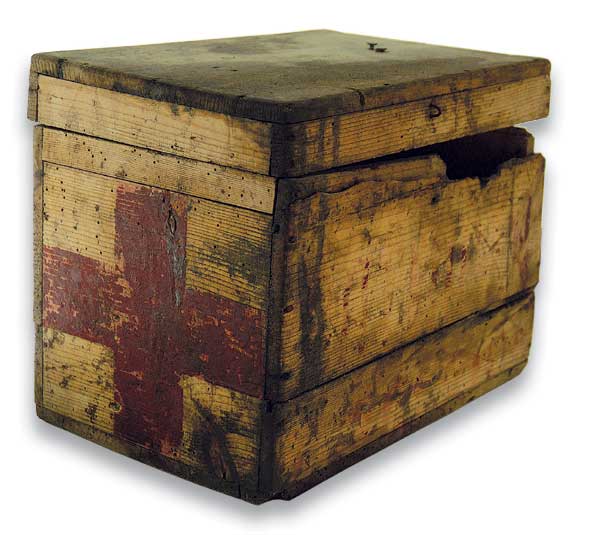According to the Catechism of the Catholic Church, “The use of drugs inflicts very grave damage on human health and life. Their use, except on strictly therapeutic grounds, is a grave offense. Clandestine production of and trafficking in drugs are scandalous practices. They constitute direct co-operation in evil, since they encourage people to practices gravely contrary to the moral law. ” (CCC, 2291)
Tobacco and alcohol may be seen as pleasure-giving drugs which have little nutritive value but which are used by human beings because they excite the nervous system and because they give some kind of pleasure to the senses. The use of pleasure-giving drugs is not in itself immoral.
However, under some aspects, their use can be sinful: (a) If taken simply for pleasure and sensual satisfaction to the positive exclusion of any usefulness. They can be useful if taken to relieve tiredness or to provide the body with some necessary recreation to the end that it may be a fit instrument of the soul; (b) If taken in a measure that would be harmful to the body, either because of nicotine intoxication which the drug might cause or because of its tendency to be habit-forming; (c) When an unreasonable amount of money is spent to provide such drugs, that is, when one spends for the purchase of such drugs the money one would use for the maintenance of one’s family or for other necessary or more noble uses.
The only reference made to these drugs in the Catholic Catechism is with reference to the virtue of temperance which “disposes us to avoid every kind of excess: the abuse of food, alcohol, tobacco, or medicine.” (CCC, 2290)
From:








